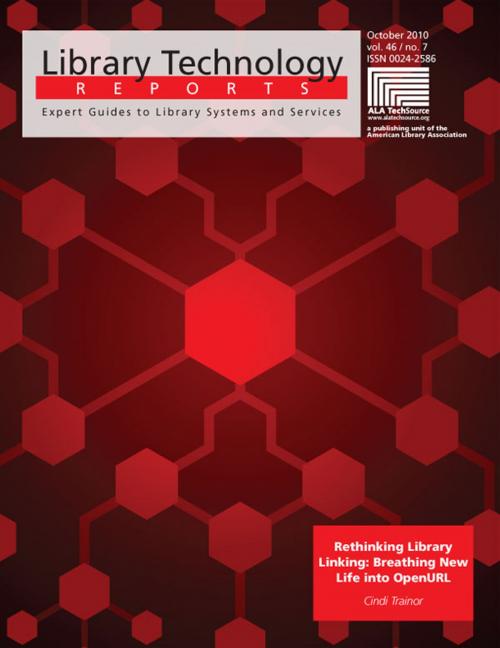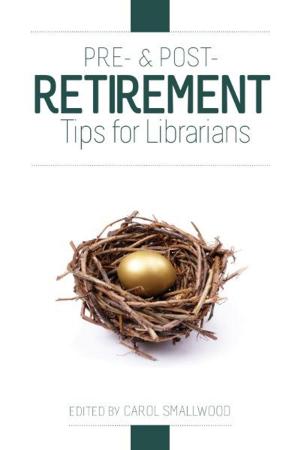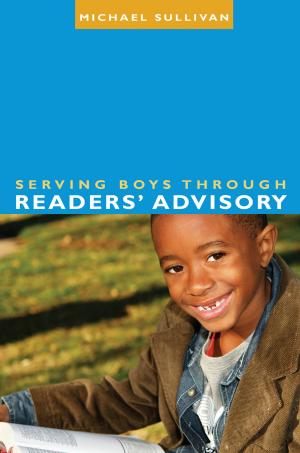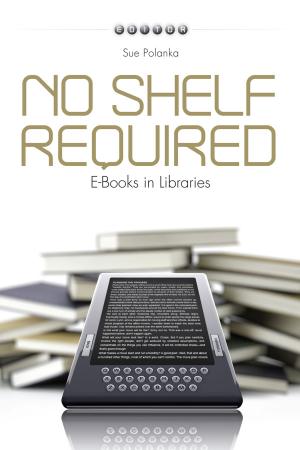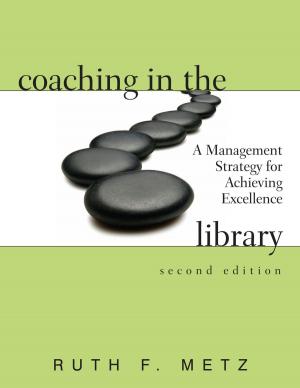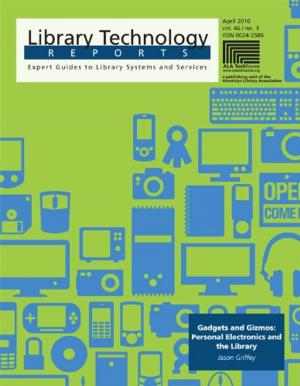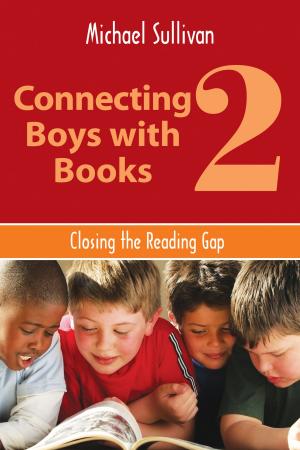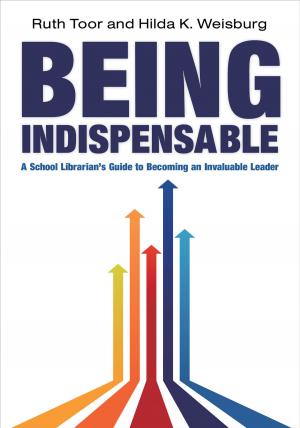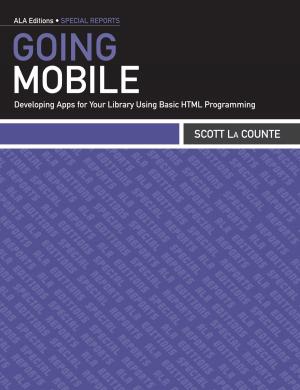Rethinking Library Linking: Breathing New Life into OpenURL
A Library Technology Report
Nonfiction, Reference & Language, Language Arts, Library & Information Services, Reference| Author: | Cindi Trainor, Jason Price | ISBN: | 9780838991336 |
| Publisher: | ALA Editions | Publication: | January 1, 2010 |
| Imprint: | ALA TechSource | Language: | English |
| Author: | Cindi Trainor, Jason Price |
| ISBN: | 9780838991336 |
| Publisher: | ALA Editions |
| Publication: | January 1, 2010 |
| Imprint: | ALA TechSource |
| Language: | English |
OpenURL was devised to solve the “appropriate copy problem.” As online content proliferated, it became possible for libraries to obtain the same content from multiple locales: directly from publishers and subscription agents; indirectly through licensing citation databases that contain full text; and, increasingly, from free online sources. Before the advent of OpenURL, the only way to know whether a journal was held by the library was to search multiple resources. An OpenURL link resolver accepts links from library citation databases (sources) and returns to the user a menu of choices (targets) that may include links to full text, the library catalog, and other related services (figure 1). Key to understanding OpenURL is the concept of “context sensitive” linking: links to the same item will be different for users of different libraries, and are dependent on the library’s collections. This issue of Library Technology Reports provides practicing librarians with real-world examples and strategies for improving resolver usability and functionality in their own institutions.
OpenURL was devised to solve the “appropriate copy problem.” As online content proliferated, it became possible for libraries to obtain the same content from multiple locales: directly from publishers and subscription agents; indirectly through licensing citation databases that contain full text; and, increasingly, from free online sources. Before the advent of OpenURL, the only way to know whether a journal was held by the library was to search multiple resources. An OpenURL link resolver accepts links from library citation databases (sources) and returns to the user a menu of choices (targets) that may include links to full text, the library catalog, and other related services (figure 1). Key to understanding OpenURL is the concept of “context sensitive” linking: links to the same item will be different for users of different libraries, and are dependent on the library’s collections. This issue of Library Technology Reports provides practicing librarians with real-world examples and strategies for improving resolver usability and functionality in their own institutions.
